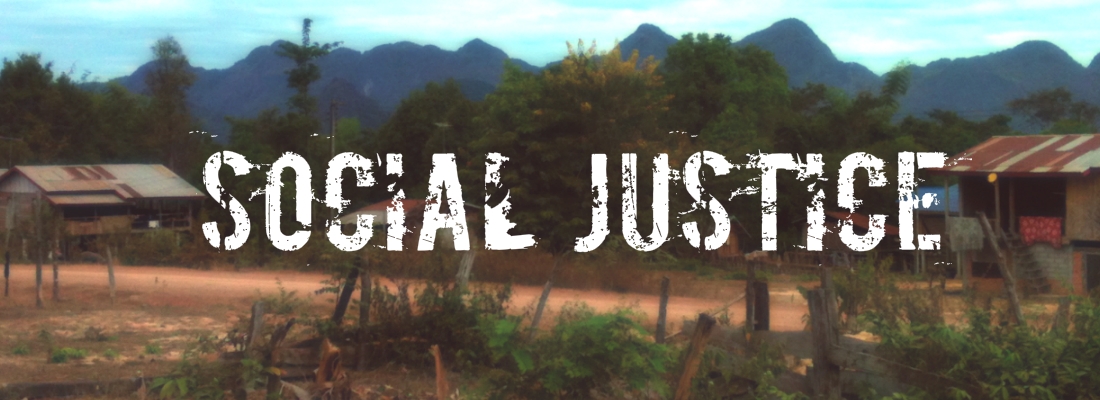
There are an ever increasing number of Christians in the United States who are concerned for the plight of the urban poor in the cities of America. This is commendable and biblical. Unfortunately, in our emotional and often uninformed efforts to help, we usually show up with acts of charity that do little more than supply band aids; or worse yet, leave the recipients feeling degraded and powerless. So, what can we do? How do we provide meaningful help? Can we really help?
Christians Can Help
Christians can work effectively with urban poor communities. Before we do, however, we must first subscribe to the value that a just, humane and democratic society empowers urban poor; that urban poor are to be respected and should play an active role in decision-making in their city and nation.
Secondly, we must discover ways to work with those stakeholders who may or may not live in the community, but who have vested interests in the community, i.e. landlords, employers, shop owners, bankers, educators, politicians, etc.
We must take the time to meet people and listen to their stories. Who are the leaders in the community? How can we work together with them and the stakeholders to improve housing and basic services including jobs, health and education? This is time consuming and painstaking work. But, it is where the Gospel and culture meet.
The Gospel and Culture
Does the Gospel message (the Good News) include more than basic salvation? Does it include human dignity? Does the Gospel of Jesus Christ allow us to embrace such values as:
- No one shall be hungry or live in squalor.
- All will have and understand how to access health care, good schools and employment.
- No one shall feel powerless or left out.
- Families will help one another.
- Community organizations will be vigorous.
- Urban poor people, as a group, will work for the common good.
- Those who have less in life can have more in joy and solidarity.
Partnership
Concerned Christians and churches can help. I doubt that ministry to the urban poor can be effectively administered from the suburbs. But, churches in the suburbs can play a significant role in meaningful partnership with churches in the city who are administering the Good News in their neighborhoods; churches who are struggling with the issues of poverty and health care and education and employment. Find a church or churches to partner with. Work together as a team. Armed with the Gospel (the Good News of Jesus Christ), the Christian community can help educate and motivate people to work as children of God. Together we can learn to love one another, to respect one another, to empower one another and to work for the common good of the urban poor.

